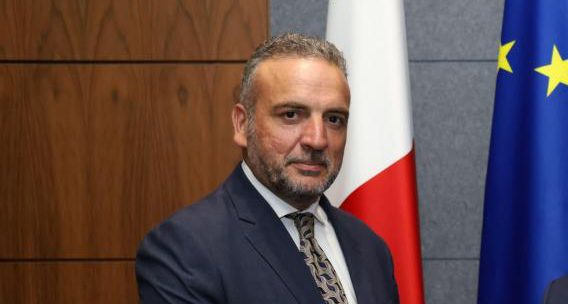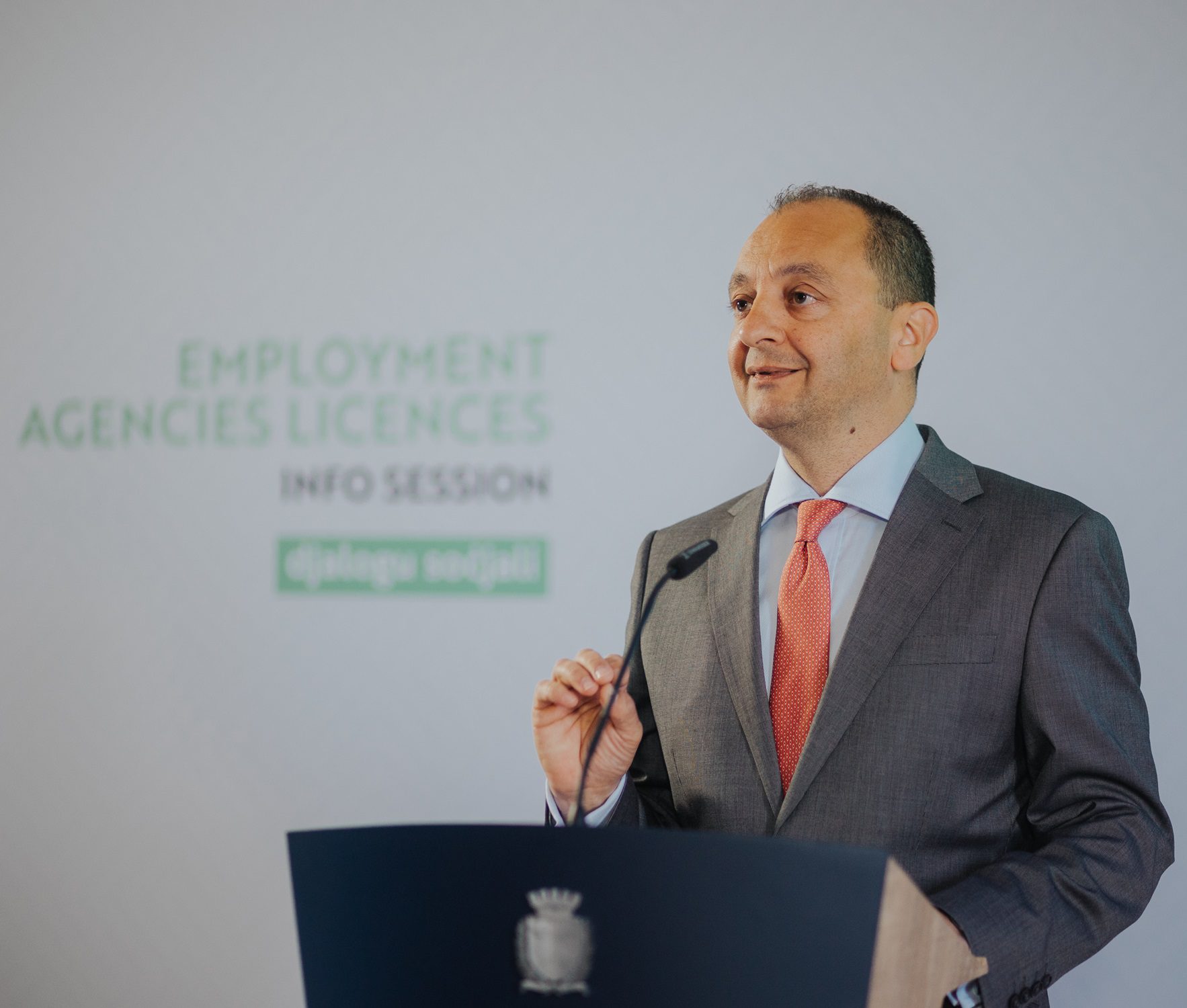News of a music festival taking place in Albania this June through the use of rapid testing sent a glimmer of hope among event-starved promoters, organisers and party-goers across the world.
Closer to home, Primavera Sound, last December held a non-socially distanced event in Barcelona with rapid testing for attendees on arrival with success.
Could Malta adopt a similar approach to save the events industry this summer, once, presumably, the number of COVID cases come down?
BusinessNow.mt took this question to Malta’s health authorities, and, a spokesperson for the Health Ministry poured cold water on the possibility of such plans.
“It is premature to discuss when and how such major music events or gatherings can take place again in Malta as this depends on several factors.”
The spokesperson said it is worth highlighting that “rapid testing has a role for rapid screening in specific settings, thus reducing risk, but does not confirm or exclude infections as well as the RT-PCR (the standards swab test which can take up to 72 hours to receive a result)”.
“In fact, RT-PCR confirmation is usually required for confirmation of infection.”
The health authority’s hesitation on the matter comes as no surprise after parties had to be shut down last summer as a second wave of infections washed over Malta. Authorities are also adopting a wait-and-see approach as to how transmission rates will respond once more people receive the COVID jab.
While Malta is ahead of the EU pack in terms of its vaccinate rate per 100 people, Europe has lagged behind the UK, the USA and Israel, raising questions as to the speed of economic recovery for 2021.
Malta hopes to inoculate 70 per cent of the population by the end of September. As of Tuesday, 30,252 doses were administered, translating into around six per cent of the population. Of the total doses administered, 4,891 were second doses.
Setting expectations
While Prime Minister Robert Abela has said he wants Malta to return to “business as usual” by May, Deputy Prime Minister and Health Minister Chris Fearne has said herd immunity will not be reached until September.
Malta Union of Midwives and Nurses president, Paul Pace, has even expressed reservations about the September prediction.
As anybody who works in the organisation of events can attest to, especially when foreign artists are involved, planning happens months, if not years – depending on size and scale – in advance.
This leaves local event organisers in particular difficulty for 2021, with no health or tourism authorities ready to commit to any form of timelines for restarting.
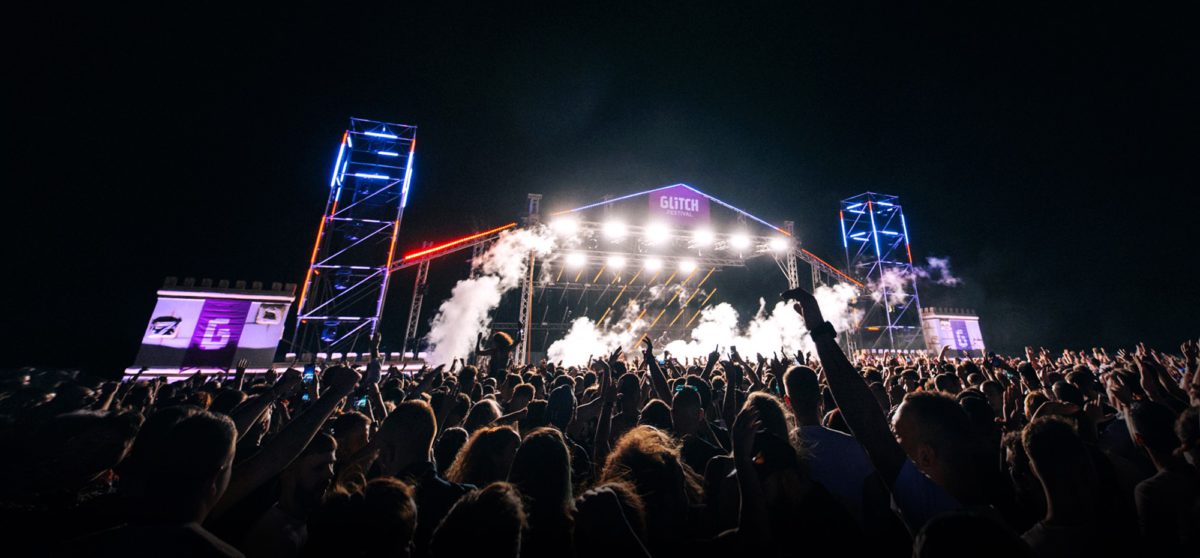
“We are not a bar, where you can give us one week’s notice and it is a matter of restocking. Events such as ours take rigorous planning and organisation,” says Kevin Ellul, co-founder of Glitch Festival.
Glitch has been making waves in the electronic music festival circuit for its stellar international house and techno line-ups since 2016, and is a major attraction for revellers both locally and overseas. Should the festival take place this summer, planned for 13-16th August, it will feature six stages with scores of international artists. In 2019 alone the festival attracted over 4,000 tourists, travelling from 60 different countries.
“The situation is nobody’s fault, and nobody has a crystal ball guiding us through the months ahead. It is, however, a matter of managing expectations and planning ahead.
“What we really need is a concrete plan depending on different outcomes – a best case scenario, a moderate scenario and something resembling 2020 – which would be the worst case.”
Indeed, a dearth of information coming from authorities appears to be a major concern for the events industry.
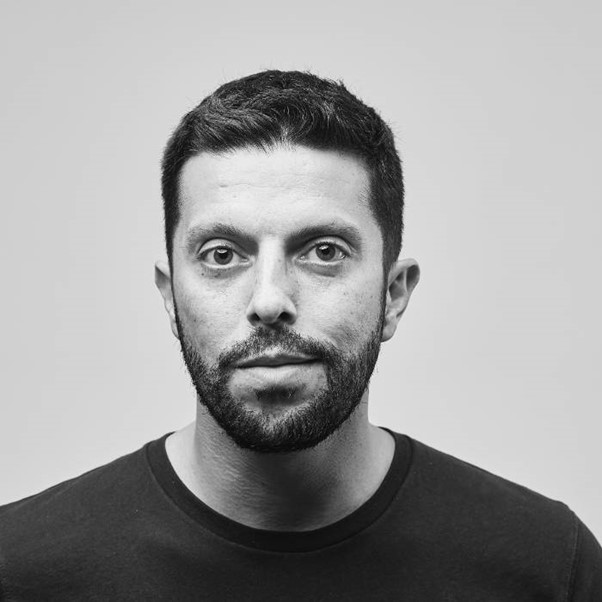
Mr Ellul confirmed that the Glitch team has carried out planning for its 2021 event, and is waiting to see how the situation progresses. He hopes that a clearer picture can emerge in the coming weeks.
Mr Ellul called for Government to be “brutally honest with everyone”.
Festivals, parties and events are big business. Malta’s economy relies heavily on tourism and has attracted hundreds of overseas revellers through events such as Glitch Festival and Lost & Found alone.
According to the Malta Entertainment and Events Industry Association, the arts, entertainment, film and TV industry employs around 5,000 people locally, while the cultural and creative sectors contribute around 7.9 per cent Gross Value Added to Malta’s economy.
“We are the worst hit industry in the world,” says Mr Ellul when talking about the impact of the pandemic.
He decried a lack of support towards the events industry, saying the only real help has been the COVID wage supplement.
Mr Ellul pointed towards overseas funding aimed at assisting event organisers to cover cancellation costs and insurance, with many insurance companies opting to back out from insuring events due to the uncertainty that is 2021.
In Scotland, £13 million (€14.7 million) has been pledged to back the events industry, while Germany has announced a €2.5 billion fund to help event organisers cover cancellation costs in the second half of 2021. Similar measures have not been introduced locally.
“Through this kind of financial backing, if the worst-case scenario comes to pass, organisers won’t face complete ruin, especially after the last-minute cancellations that took place in 2020. These countries are planning to be in a good position when the time comes, and it will come, but event industry players need the backing till then, and someone has to take the risk”.
“The risk is too big for us. We have had all of our income practically wiped out. We would rather know the truth and cut down our spending, with our business remaining dormant, then enter a huge risk and end up with the same situation as 2020.”
Closing off, Mr Ellul is adamant that once events are allowed to operate, things will come back in full swing.
“The demand is there, and we are hopeful. Everybody misses it and people used to the lifestyle are starved for it.
“We have an incredible line-up that’s ready to be announced, promising another legendary festival. For now, we still believe we stand a chance of pulling it off. While this is still a possibility, we will keep working hard to deliver a safe return to our festival in 2021. Until then, let’s stay safe, we will dance again.”
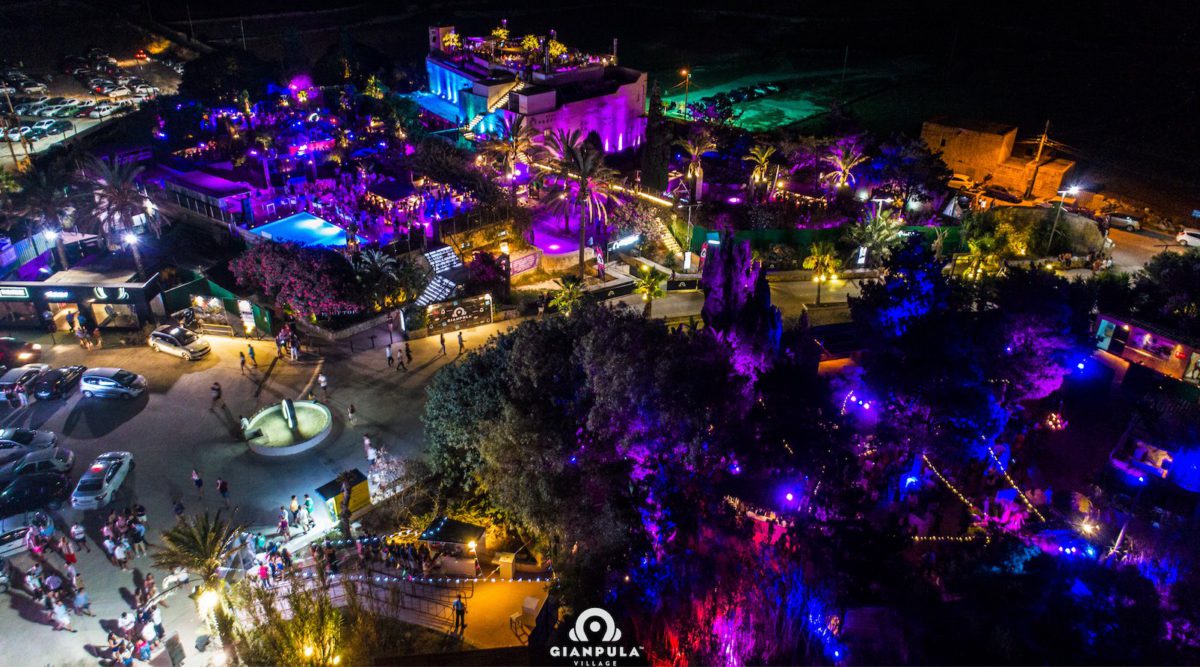
‘We are not being allowed to plan for any scenario’
Echoing similar comments, Matthew De Giorgio, owner and operator of Gianpula Village, looks forward to bars being allowed to reopen, so that he may host small-scale, seated events at some of his venues within Gianpula.
“Is hosting seated events profitable? Not really, but it is better than being closed”.
Mr De Giorgio stressed that there is a limit to how long businesses such as his can remain closed.
When asked about the possibility of hosting parties again at Gianpula through the use of rapid testing, he said should the authorities allow for this, his team would be on board.
“With the COVID wage supplement, as things stand, lasting until March 2021, how can the clubbing industry or nightclub venues be expected to survive without being able to operate under any circumstances?”

While Gianpula is not known to be bustling in the winter months, its nine venues, made up of Gianpula Mainroom, Gianpula fields, Penthouse, Marrakech, Club Phoenix, Groove Gardens, The Club House, Rooftop and The Vault, are extremely busy throughout summer.
Asked whether he believes 2021 will be any better than 2020, he said it will certainly be more difficult, because nobody in the industry knows when the sector can restart.
Providing some perspective on the financial woes experienced by operators of large venues, while the Government has allocated €2,870 to bars to cover their most recent four-month closure, Mr De Giorgio points out that this is but a drop in the water, and that he has had to throw away around €15,000 worth of stock.
Mr De Giorgio hopes that, rather than what took place in Malta last July with temporarily unrestricted gatherings, events can take place, perhaps with smaller capacity and with all necessary restrictions in place, come summer 2021.
While the situation for clubs and parties awards a greater degree of flexibility, as smaller events can be put together in a relatively shorter period of time, questions are raised about the viability of larger scale festivals such as Earth Garden, which attracts some 30,000 music lovers annually.
So far, one major festival with a massive international line up already announced is Drumcode Festival Malta 2021, set for 16-19th September. With Malta’s health authorities’ hesitance about rapid testing, questions about when Malta will reach herd immunity and a less than rosy pandemic situation across Europe, 2021 remains a large question mark.
ICT sector makes up 10.3% of Malta’s economy, most in EU
Malta was also in the top spots for value added from ICT services and ICT manufacturing
Building and Construction Authority CEO resigns days after fatal construction incident
Jesmond Muscat quits after less than two years in the role
Government launches portal for temping agencies to apply for a licence, following regulations
New regulations, aimed at regulating the sector and diminishing abuse, came into force on 1st April





